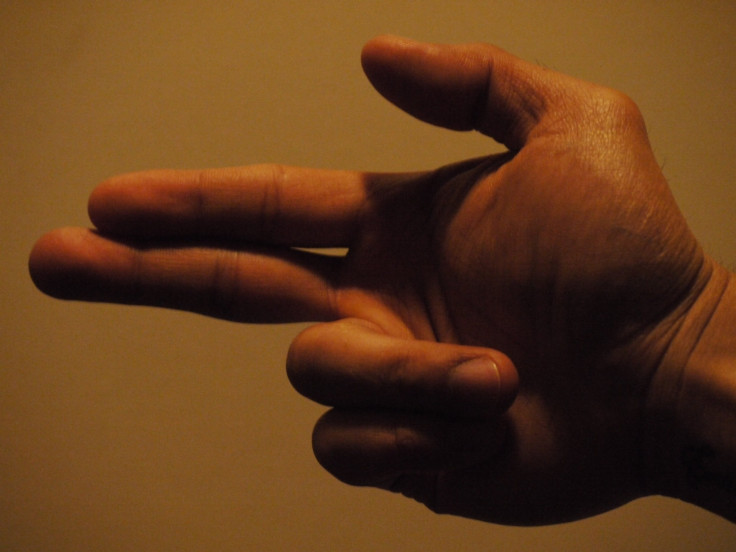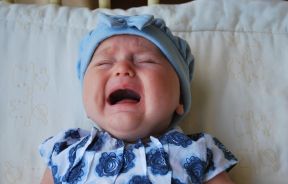Gun Licensing Laws Associated With Lower Suicide Rates: Study

In 2013, there were 41,149 deaths by suicide in the United States. This is the 10th overall leading cause of death in the country and the second leading cause of death among 15- to 24-year-olds. It’s an issue that cannot be ignored, and the methods those who commit suicide choose to use are very tightly linked factors.
Suicide by firearm is one of the most aggressive methods of committing suicide, contributing to 19,392 deaths by suicide in 2010. A new study by researchers from the Johns Hopkins Center for Gun Policy and Research has found that a state’s gun policy may influence firearm suicide rates. An examination of gun policy in Connecticut and Missouri led the team to observe an association between handgun purchaser licensing requirements and suicide rates.
Researchers estimated that Connecticut’s 1995 law requiring individuals to obtain a permit or license to purchase a handgun after passing a background check may be associated with a 15.4 percent reduction in firearm suicide rates. Meanwhile, they thought Missouri’s repeal of its handgun purchaser licensing law in 2007 was associated with a 16.1 percent increase in firearm suicide rates.
"Although these laws were not designed to reduce suicides, many of the risk factors that disqualify someone from legal gun ownership — domestic violence, history of committing violent crimes, substance abuse, severe mental illness and adolescence — are also risk factors for suicide," said lead study author Dr. Cassandra Crifasi, an assistant scientist with the Johns Hopkins Center for Gun Policy and Research, part of the Johns Hopkins Bloomberg School of Public Health.
Crifasi stressed that the findings are not indicative of a clear causal relationship.
"When we examined whether there were changes in suicides committed by other means following the changes in the laws, there was some evidence that Connecticut experienced lower than expected rates of suicides by means other than firearms," she said. "This suggests that factors other than handgun purchaser licensing may have contributed to the decline in suicides."
Prior research had shown that states with laws requiring handgun purchaser licensing tended to have lower suicide rates than states without any such laws. This study, however, is the first to examine if changes in policy subsequently change the risk of suicide.
Study author Dr. Daniel Webster, director of the Johns Hopkins Center for Gun Policy and Research, said that suicidal thoughts are often transient, contrary to popular belief. This is why delaying access to a firearm during certain periods of crisis could act as a preventive factor for suicide.
"Just as research indicates that handgun purchaser licensing laws are effective in reducing firearm homicides, they could reduce suicides by firearms as well," he said.
Handgun licensing laws mean buyers must obtain a permit that is contingent on passing a background check. This includes private sales. Most of the time, they also require an in-person application at a law enforcement agency, and sometimes, a completed safety course and experience waits.
Preventative Medicine published a public opinion survey earlier this year that showed the majority of Americans (72 percent) and gun owners (59 percent) support requiring people to obtain a license before buying a handgun to both verify identity and ensure they are not legally prohibited from having a gun.
Source: Webster D, Crifasi C, Meyers J, Vernick J. Effects of Changes in Permit-to-Purchase Handgun Laws in Connecticut and Missouri on Suicide Rates. Preventative Medicine. 2015.
Published by Medicaldaily.com



























